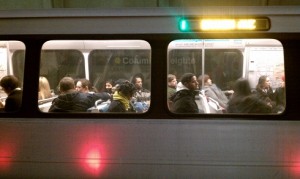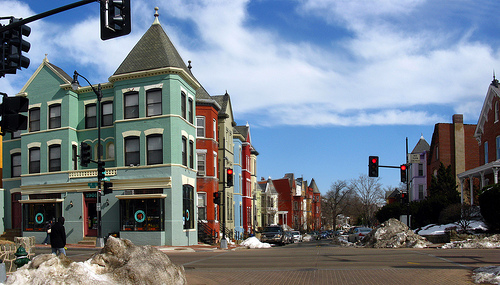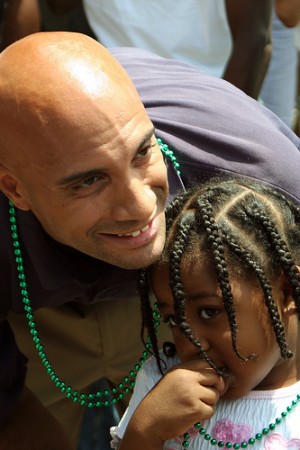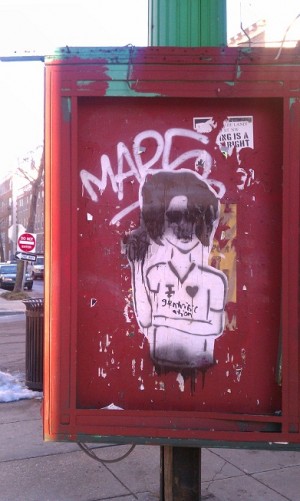Good morning, DCentric readers! Yay, it’s Friday!
Why health care reform matters “From infancy to old age, African Americans have worse health outcomes than non-Hispanic whites…Black infants are twice as likely as white babies to die before their first birthday. African American women have lower breast cancer rates, but are more likely than their white counterparts to die of the disease.” (marketplace.publicradio.org)
Student Brings Cocaine to DC Elementary School, 4 Students Share Drug “Stuart Hovell, whose fourth-grade daughter attends the school but is not in the same class as the child who brought the cocaine, said the incident was disgusting and had reaffirmed his decision to send the child to another school next year.” (myfoxdc.com)
D.C. might have to pay $33k for leasing Brown’s Navigators “The biggest chunk of change comes from an illegal $17,600 prepayment on the first Navigator leased at Brown’s request the day after the general election in November, Department of Public Works Director William Howland testified Thursday during a D.C. Council hearing…” (Washington Examiner )
Where Did $100,000 Prize Awarded To DC’s McKinley Technology High School Go? “$35,000 of the award money was spent on a technology bus that was used just five times; $10,000 for new office furniture; thousands for dinners and conferences, and thousands more that can’t be accounted for.” (myfoxdc.com)
Sentencing Today in Georgetown Drug Bust “Government lawyers, Smith and Perrone have agreed to recommend that they be sentenced to a six-month suspended jail sentence. Under this plan, they would be put on probation and perform community service.” (NBC Washington)








